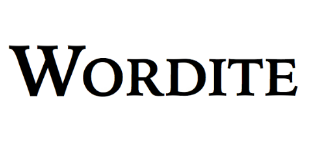pulse - What does it mean?
'pulse' hits on the web
You may have been searching for a specific social media @pulse profile or the tag #pulse
Definition of 'pulse'English
Etymology 1
From (etyl) .
For spelling, the -e'' (on ''-lse ) is so the end is pronounced /ls/, rather than /lz/ as in pulls, and does not change the vowel (‘u’). Compare else, false, convulse.
Noun
( en-noun)
(physiology) A normally regular beat felt when arteries are depressed, caused by the pumping action of the heart.
A beat or throb.
* (rfdate) Tennyson
- the measured pulse of racing oars
* (rfdate) Burke
- When the ear receives any simple sound, it is struck by a single pulse of the air, which makes the eardrum and the other membranous parts vibrate according to the nature and species of the stroke.
(music) The beat or tactus of a piece of music.
An autosoliton.
Related terms
* (l)
* (l)
See also
* beat
* (Physiology) arrhythmia, blood pressure, heartbeat
* (Music) meter, tempo
Verb
To beat, to throb, to flash.
- In the dead of night, all was still but the pulsing light.
To flow, particularly of blood.
- Hot blood pulses through my veins.
To emit in discrete quantities.
Etymology 2
From (etyl) pouls, .
Noun
( en-noun)
Any annual legume yielding from 1 to 12 grains or seeds of variable size, shape and colour within a pod, and used as food for humans or animals.
References
*
*
* DeLone et. al. (Eds.) (1975). Aspects of Twentieth-Century Music. Englewood Cliffs, New Jersey: Prentice-Hall. ISBN 0130493465.
External links
* (pulse)
*
Anagrams
*
*
----
Similar to 'pulse'palace, please, place, plaque, police, plague, plage, pilose, plaice, polje, pulque, ploce, plaise, pelage, plicae, pelike, pleace, palkee, pilage
|
